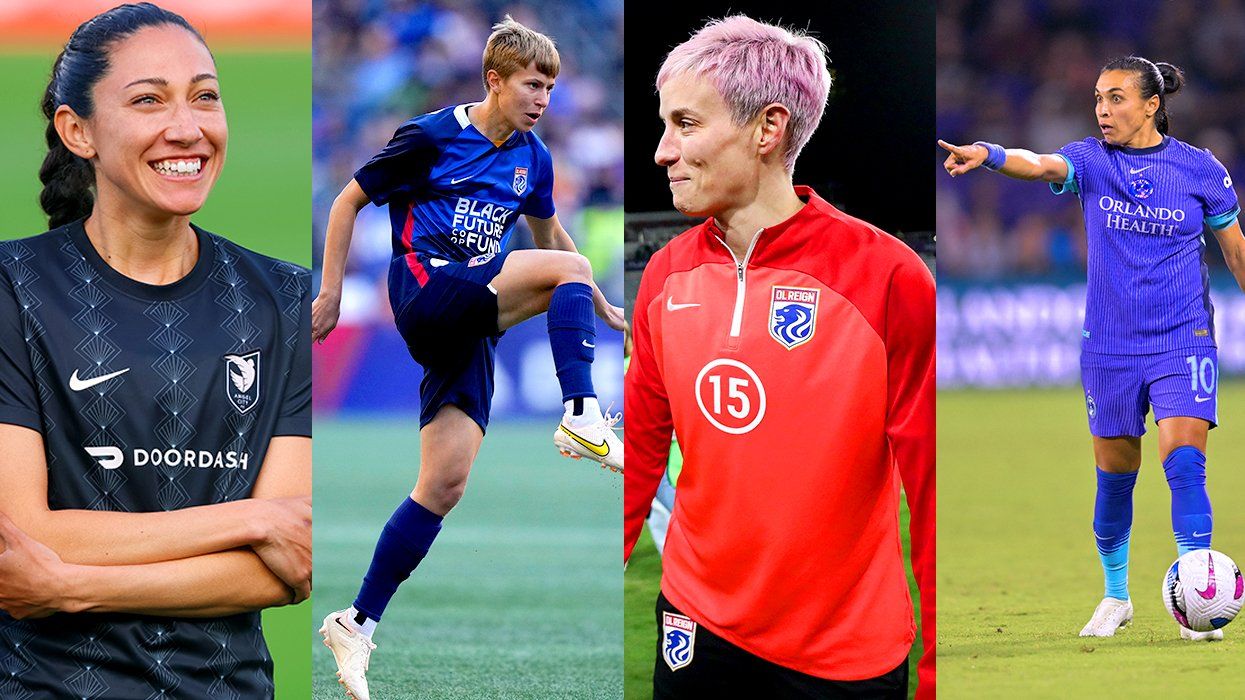If there was one thing I learned from growing up on various military bases and, eventually, Woodbridge, Va.--which was complete with a one-room shack devoted to Republicanism down the road-- it was that if they Don’t Ask, I definitely shouldn’t Tell.
So I didn’t. As Virginia remains one of two states that legally ban sodomy and implicitly marry homosexuality with the devil and other unspeakable things, this wasn’t too hard to do -- especially since the Gay Straight Alliance in my high school was close to non-existent and those few who had the courage to be out faced daily verbal abuse.
I learned to be quiet about my sexuality. I wasn’t one to create controversy by way of blatant activism: my sexuality was my own, and I couldn’t wait to go to college, where I was sure I could and would either change or find solace.
Change, at the time, was the preferred course of action.
When the college search began, one of my biggest, most secretive focuses was on campus GLBT issues. I knew that if such a change were to take place, or if I were to be safe, the school had to be one that was unafraid to address those issues and that provided the necessary support for students who were struggling with sexuality.
It had to be anywhere but Virginia.
Some of the schools I looked at, namely Catholic-based schools, were described by current GLBT students as being places where -- while open to admitting GLBT students and having maybe one gay organization on campus -- to be gay was to automatically be an activist: most GLBT students at these schools confessed to having to defend their sexuality on a daily basis.
That definitely was not a big draw: I felt that to fully understand what it was to be a lesbian, considering that my conservative upbringing provided no real foundations for coming to terms with my sexuality, I first had to be comfortable with myself and GLBT issues.
This was when I scrounged up the courage to contact Dr. Vincent Vigil, the director of GLBT affairs at the University of Southern California. He provided me with various websites and useful tidbits of information concerning the school as well as the school’s dealings with the GLBT community. These early emails and words of comfort and support would serve as one of the essential bases upon which I made my final decision.
When I first arrived at the school there was definitely something different in the air. Granted, as Los Angeles is considered one of the more liberal, diverse cities in the country, it came as no surprise that the sea of faces and flags I saw on campus were as varied as they were plentiful.
What came as a slight surprise was the rainbow decor that surrounded the GLBTA picnic that one of my new friends and I crashed on a whim.
We didn’t say anything to anyone at the picnic and, at that point, this friend was still unaware of my sexuality. Even under the rainbow streamers and while giggling over our good luck at having found a picnic by an organization that clearly had no intent of throwing us out, I still didn’t manage to share that one piece of information.
I decided I wasn’t quite ready to come out, but was in awe of and at peace with the number of other probable GLBT individuals who clearly formed strong relationships and bonds with one another. I wasn’t comfortable with coming out yet, but knowing that there was a community I could fall back on when the moment came was more than comforting and no less than self-affirming.
Throughout the course of the year, though still closeted, I managed to quietly attend and observe several GLBTA functions that seemed to happen just about every week on campus as well as take sexuality and gender-based courses -- which, at USC, hold prominent places in the Gender Studies program. Slowly but surely I was finding peace of mind and empowerment. I came out the following summer to resounding support and decided to become more involved with GLBTA organizations and overall life on campus.
Coming out proved to be an easy transition and task.
By chance, on the very first day of the fall semester, I ran into an ‘Out’ friend I had made the previous year, Valentine, who also turned out to be the very first Trojan to find out about my sexuality. After pulling me into a warm, welcoming hug, ‘ze’ -- the pronoun Valentine prefers -- delved right into telling me about all of the ways to get involved with USC GLBTA-oriented organizations:
First, ze told me, probably the best and easiest way to make the transition into the GLBTA community was URap: a student-run organization and support group that serves to bring GLBTA individuals into a safe, confidential environment where we can discuss anything we wish, focusing primarily on GLBTA-related issues.
Not knowing what to expect as I walked into my very first URap meeting, what I found was a huge group of articulate, opinionated individuals who, though far more knowledgeable than myself in GLBTA matters, were completely open to those who weren’t as well versed.
more on next page...
\\\
(continued)
Sometimes hilarious -- that is, during the typical, creative ice-breakers that proceed meetings, as well as funnier comments and topics that manage to spring up, like Dating and Sex, obviously, always engaging and educational -- like Religion and Transgender issues, GLBT Science, etc. URap was the greatest introductory and transitory mechanism for which I could’ve hoped and continues to be one of the best aspects of being Out at USC.
Secondly, Val told me about the actual, department-driven/umbrella GLBTA organization which met just before URap and which acted as a way to keep up with GLBTA issues and news on campus as well as with the other member organizations. On top of everything else, it concerned itself mainly with organizing the bigger GLBTA events --like Pridefest, Second Chance Prom, Club Rage nights, etc.-- on campus.
Thirdly, I found out about OutReach: another student-run organization that works to aid local high school GSAs through building community and campus involvement and awareness. In short, we “reach out” to high school students in need of support as well as attempt to recruit them to USC.
Finally, the Ally organizations, I would come to find, were just as involved and concerned with GLBT affairs as one could hope.
Essentially, when one talks about the USC GLBT community, it’s nearly impossible to keep the conversation short: the aforementioned organizations are just the tip of the iceberg. The quality of the USC GLBTA community is one built on deep, meaningful ties and genuine efforts to help the GLBT individual in accepting himself/herself/zirself as well as harmonizing society and GLBT issues and promoting awareness and laying ignorance to rest.
Needless to say, when I came to USC, unsure of what I would find, but hoping to find change, the change I found wasn’t quite the one I had anticipated. Instead, with the help of USC’s openness and investment in GLBT issues, I found solace, comfort and community. The change was in self-acceptance as well as the feeling of being part of something bigger and more significant.









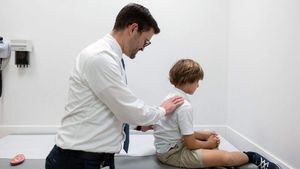




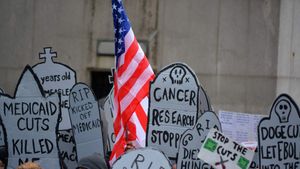
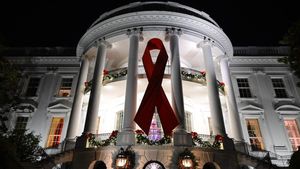
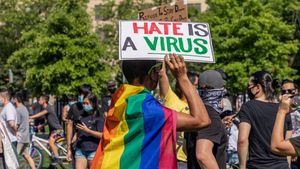
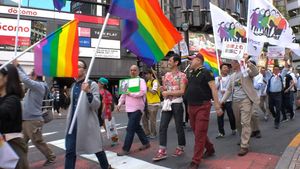










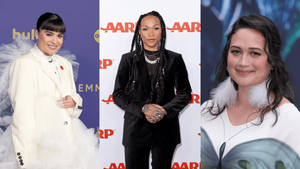














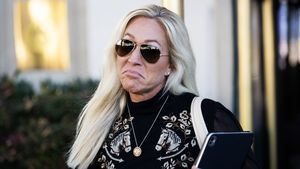

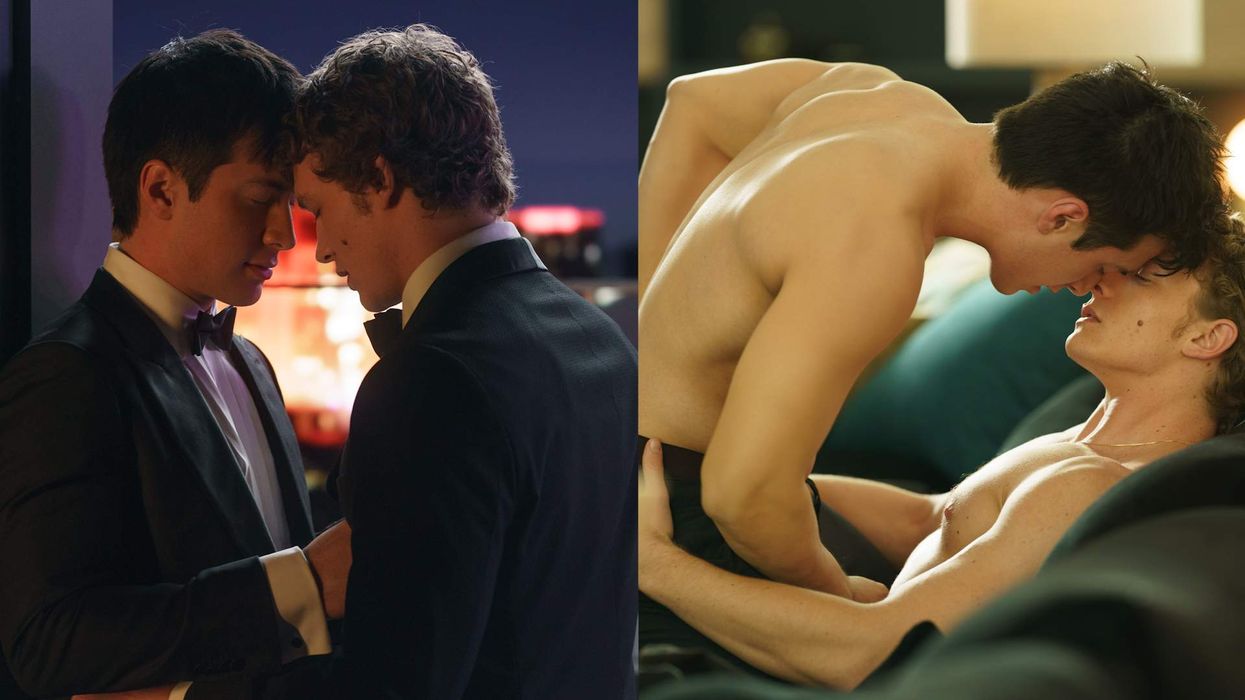


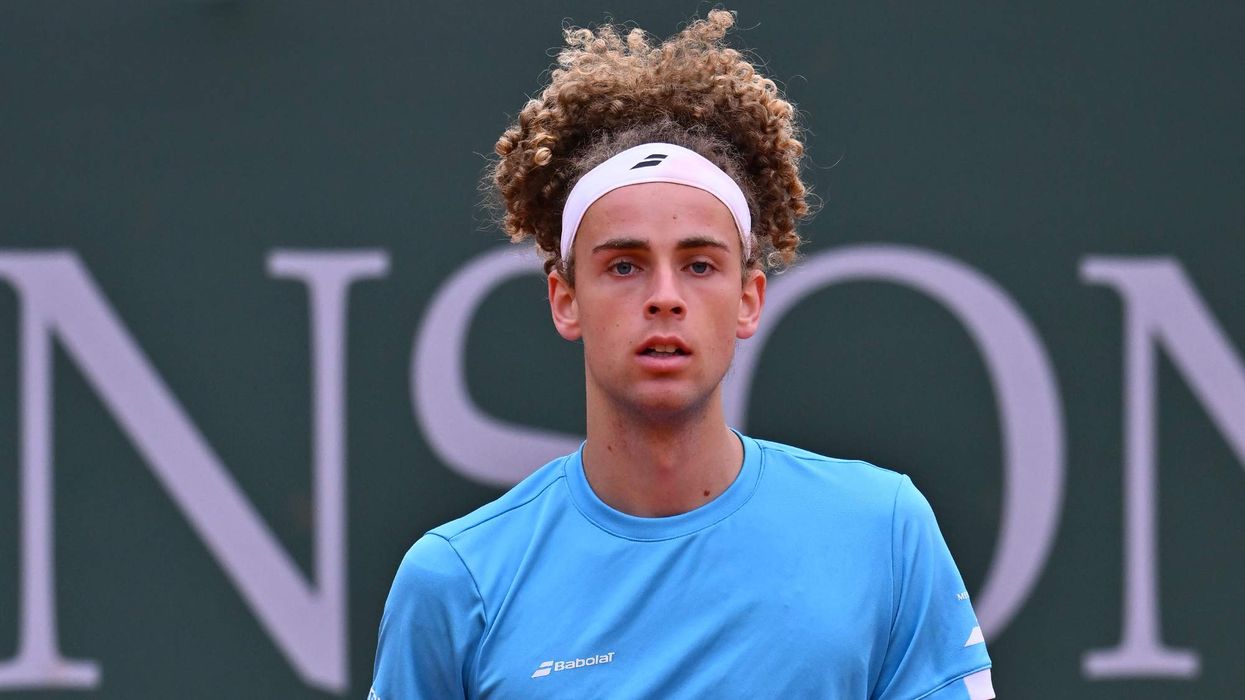































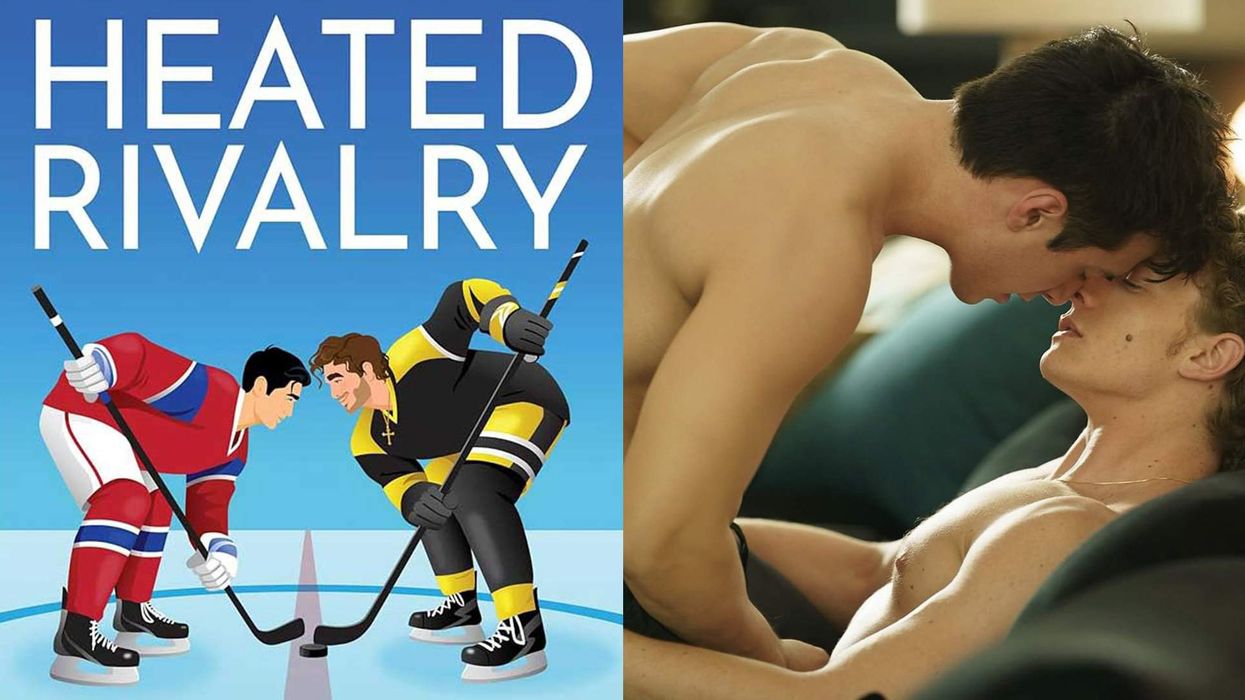
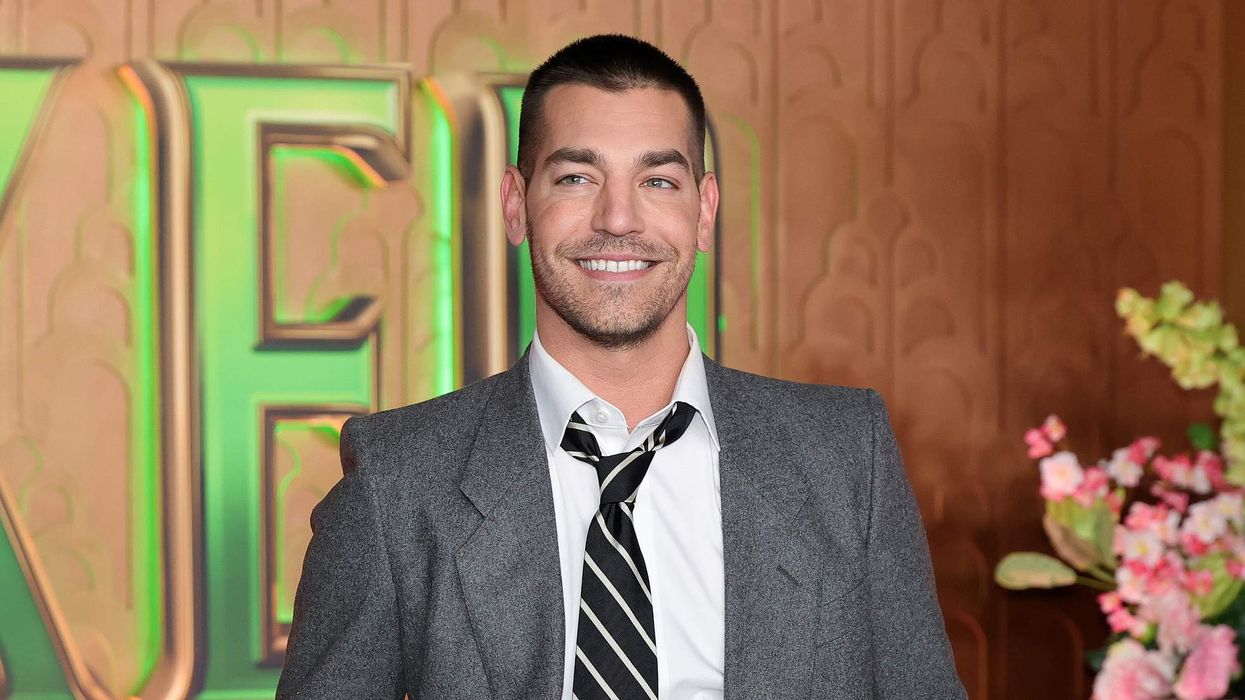
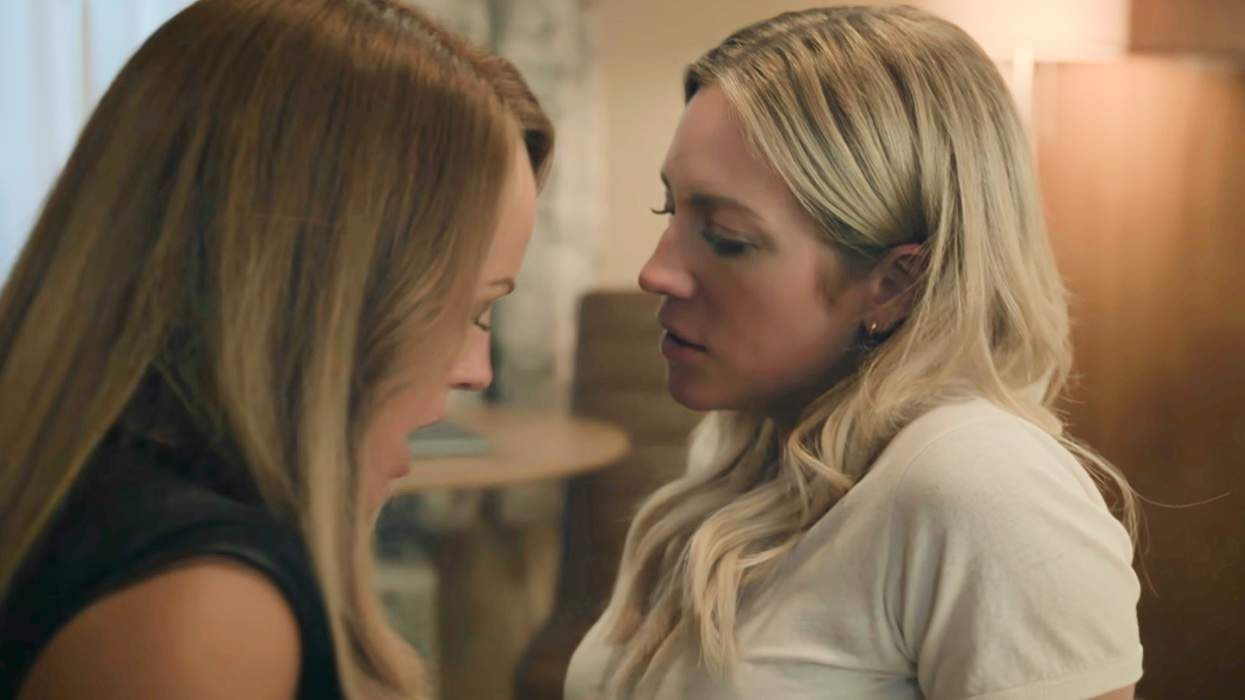



 Cindy Ord/Getty Images
Cindy Ord/Getty Images
























